
"Even the term ‘concierge medicine’ we think is problematic. Our best shot might be ‘personal online doctor.’ 'Telehealth' is not the right word."

"Even the term ‘concierge medicine’ we think is problematic. Our best shot might be ‘personal online doctor.’ 'Telehealth' is not the right word."

Can the company carve its own lane in the benefits navigation space by focusing on employers?

"Where do you think most of the health issues are? We have to first acknowledge that it, in fact, occurred.”

Vaccination rates soared during the study. But can the program work for the rural US?

It wants the communities it serves to be 20% healthier by 2020.
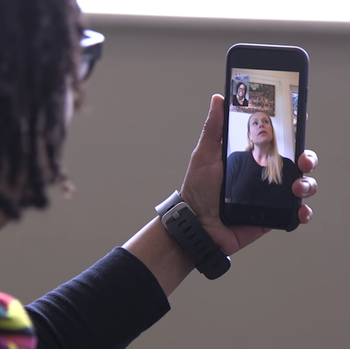
The combination of internal and external motivators can be powerful for patients in cardiac rehabilitation.

How can healthcare leverage technologies and social networking to care for veterans in need?
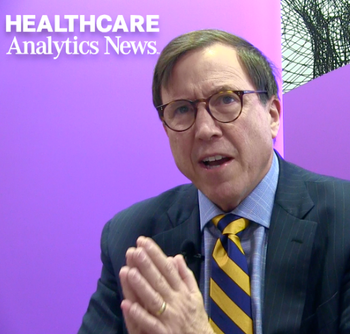
"We have doctors doing life-and-death stuff every day and we've turned them into secretaries."
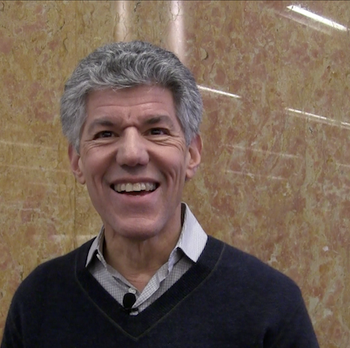
At HIMSS 2018, Lee Shapiro of 7wire Ventures describes how an investment in a patient engagement app somehow yielded a vegan restaurant finder.
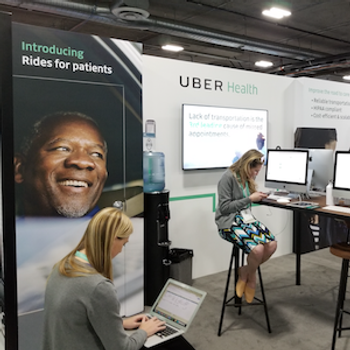
Uber Health is taking a comprehensive approach toward patient privacy. Otherwise, providers would “vote with their feet,” says one expert.
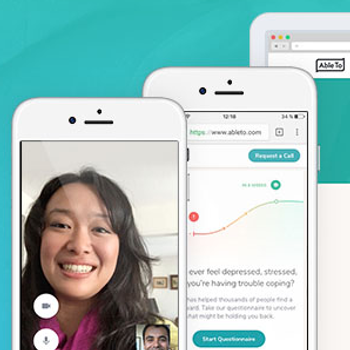
Oncology start-ups leverage data to develop predictive analytics and personalized treatments. Can therapy do the same?
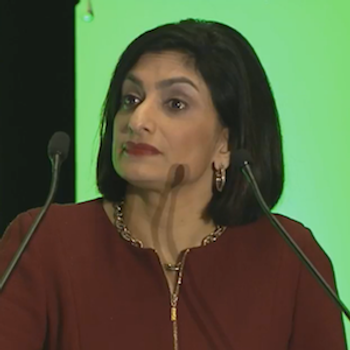
Announced during HIMSS 2018, the plan calls for patient access to their health records, in a push toward interoperability and value-based care.
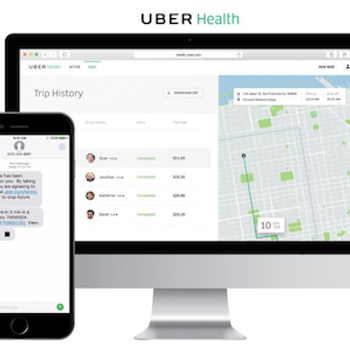
Why the tech titan isn’t merely exploring a new space—it’s entering the care continuum.

Why investors like the chatbot. Hint: natural language processing and cognitive behavioral therapy.
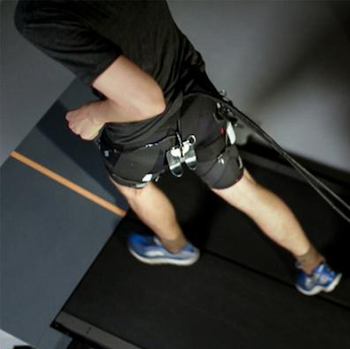
Harvard University researchers said their findings could help improve wearable robotic devices.

The Boston-based startup and the pharma giant will work on clinically-validated digital interventions for MS and schizophrenia.

Healthy Ventures invested $1.8 million in a clinical trial recruitment firm founded by healthcare outsiders. One of the fund's founders told HCA News why.

Patients and physicians are more receptive to wearables than ever, but the industry's old guard have continued to see their share of the market slide.
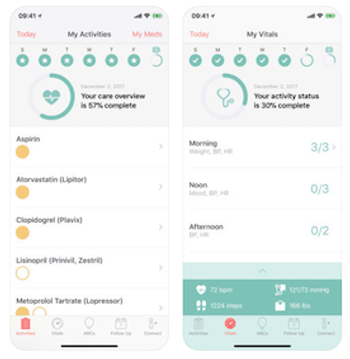
In a study at Johns Hopkins, the Corrie app produced impressive results. As always, however, accessibility remains a question for digital interventions.
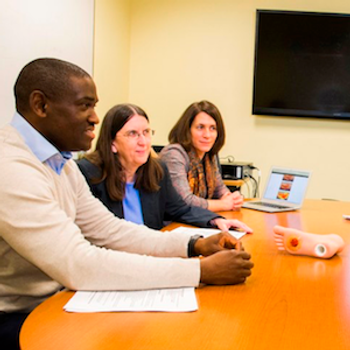
The NIH thinks this machine learning tool could cut the costs of caring for chronic wounds.

A leader at the Blockchain Research Institute details how the technology could transform medicine, from information sharing to patient outcomes.

Researchers thought the tech-driven experiment could get Medicaid patients to the doctor. Why didn’t it work?

It will not be dependent on smartphone connection for cellular coverage.

Nearly 9 months after it was announced, the deal has not been finalized. Some lawmakers are expressing frustration.
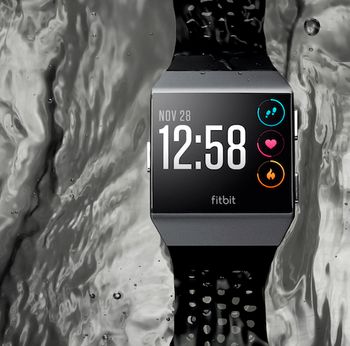
Evolution might be important for Fitbit as the market for wearable devices becomes more complicated.